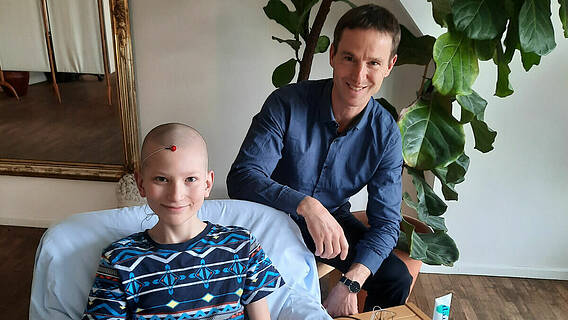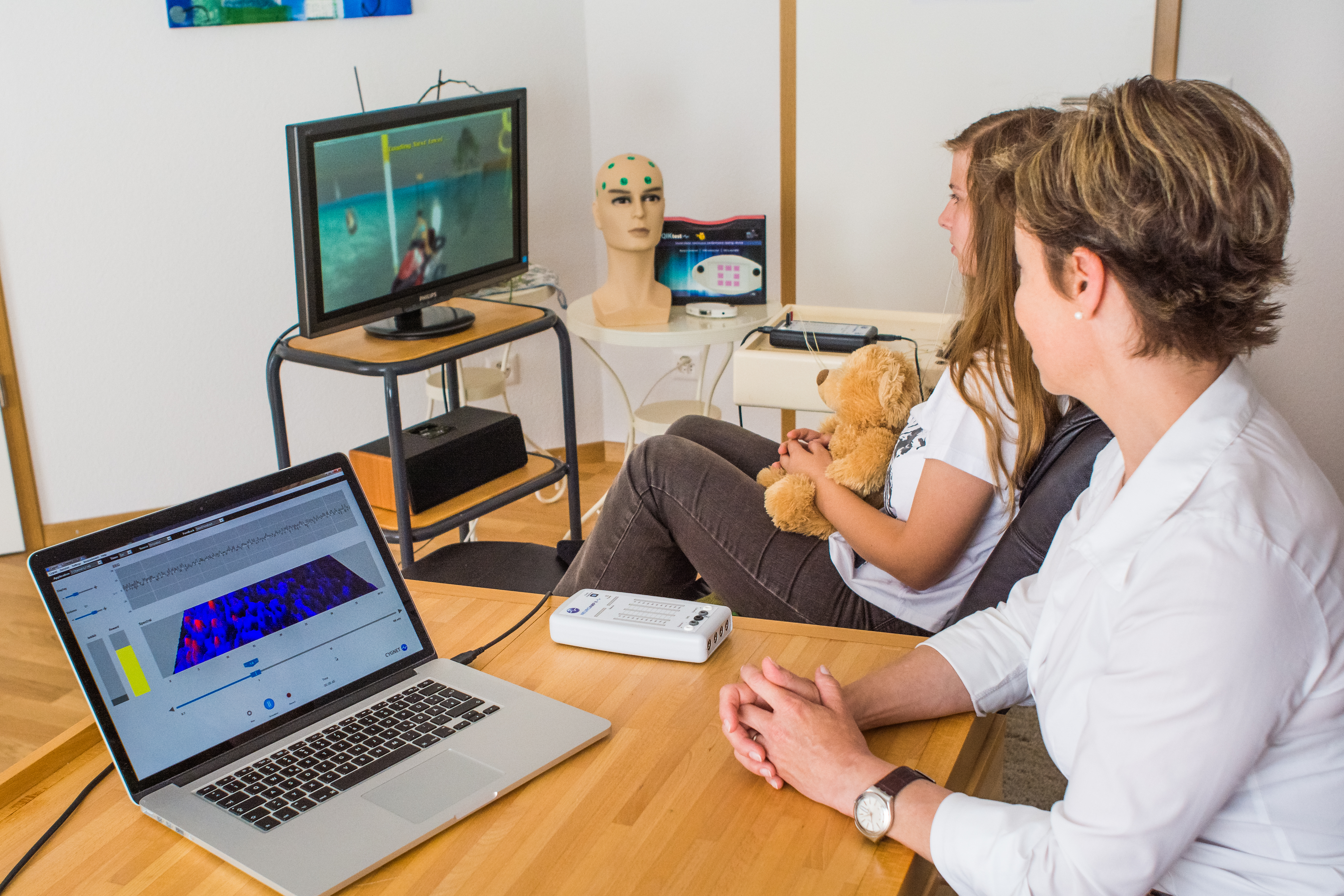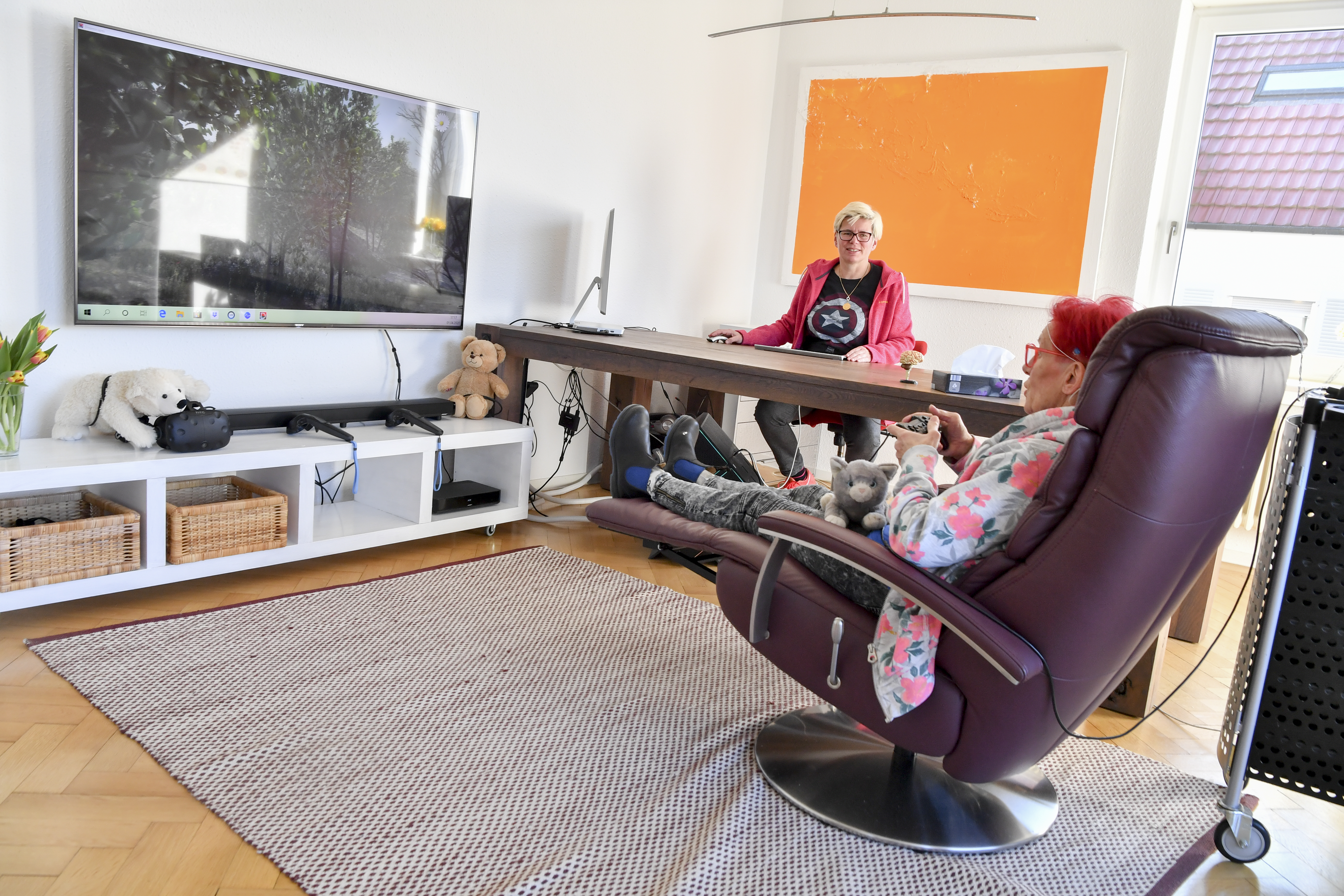
"If someone had told me a year ago that my son Andreas would one day become a bookworm, I would have shaken my head in disbelief."
06. May 2021This is how Susanne Lenz, mother of a boy with autism and dyslexia, describes her experience with neurofeedback. The family was accompanied by EEG Info Europe lecturer Gernot Wührer. They tell their story and how neurofeedback can help with ADHD, autism or dementia in a recent article entitled "Brain training with neurofeedback", published in the German VdK member magazine.








